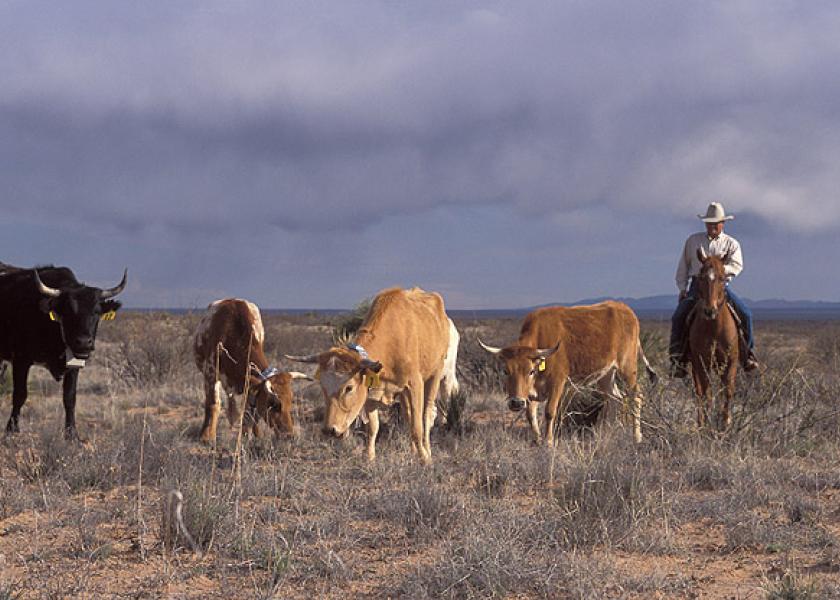USDA Seeks Nominees for Cattlemens Beef Board

The U.S. Department of Agriculture is seeking nominations to serve on the Cattlemen’s Beef Board.
Vacancies for producer and importer member positions will occur in Arizona, Colorado, Iowa, Kansas, Louisiana, Michigan, Minnesota, Mississippi, Missouri, Nebraska, New Mexico, North Carolina, Oklahoma, South Dakota, Tennessee, Texas, Utah, Wisconsin, Wyoming, Mid-Atlantic Unit (Maryland, West Virginia, and Washington, D.C.), the Northeast Unit (Connecticut, Delaware, Massachusetts, Maine, New Hampshire, New Jersey, Rhode Island, and Vermont), the Southeast Unit (Alabama, Georgia, and South Carolina), the Southwest Unit (California and Nevada), and the Importer Unit.
Any beef producer in the United States that owns cattle or any importer who imports cattle or beef can be considered for nomination. All eligible producers and importers are invited to seek nomination by June 5, 2015. Producers and importers must be nominated through a USDA certified producer organization and submit the appropriate paperwork.
USDA encourages board membership that reflects the diversity of the individuals served by its industry. Diversity includes gender, race, disability, length of service, and size and type of operation. For the contact information of the certified organizations in your state or region, visit: www.ams.usda.gov/beefnominationinformation.
Composed of 100 members representing 35 states and six geographically contiguous units, the board administers a research and promotion program authorized by the Beef Promotion and Research Act of 1985. The Secretary of Agriculture selects appointees from producers and importers nominated by certified producer organizations.
Research and promotion programs are industry-funded, were authorized by Congress, and date back to 1966. Since then, Congress has authorized the establishment of 22 research and promotion boards. They empower farmers and ranchers to leverage their own resources to develop new markets, strengthen existing markets, and conduct important research and promotion activities. The Agricultural Marketing Service provides oversight, helping to ensure fiscal responsibility, program efficiency, and fair treatment of participating stakeholders.
For more information, contact Angie Snyder; Deputy Director; Research and Promotion Division; Livestock, Poultry, and Seed Program, AMS, USDA; 1400 Independence Avenue, SW.; Room 2610-S – STOP 0251; Washington, D.C. 20250-0251; tel. (202) 680-3714, e-mail Angie.Snyder@ams.usda.gov.
Source: USDA-Agricultural Marketing Service







